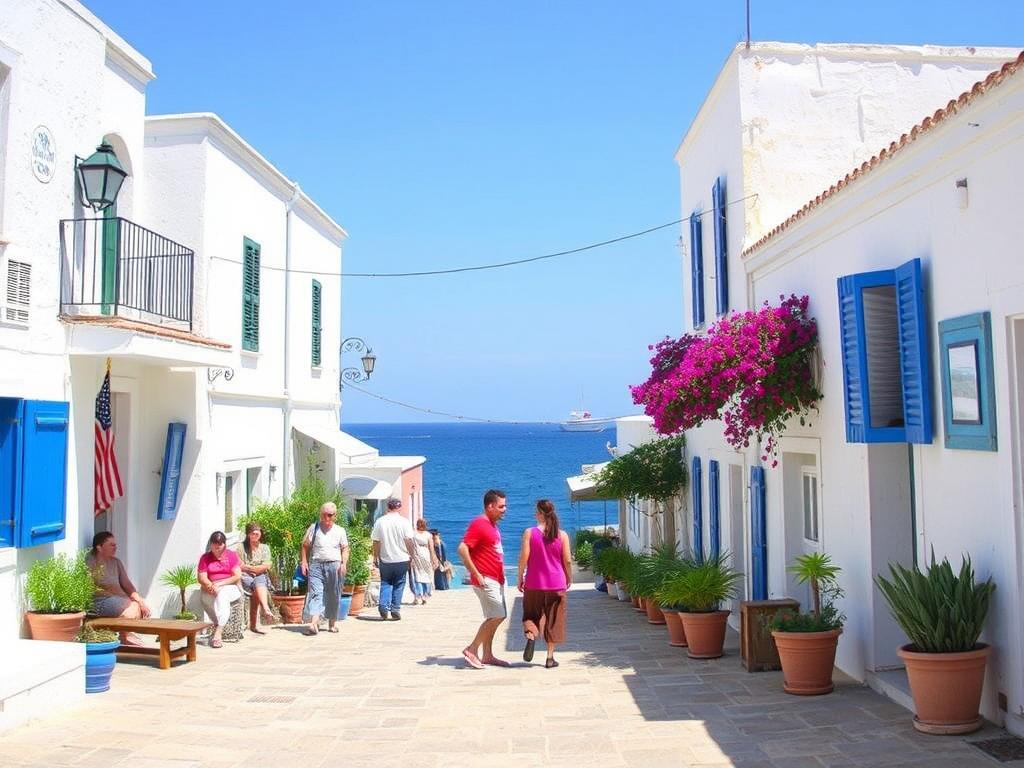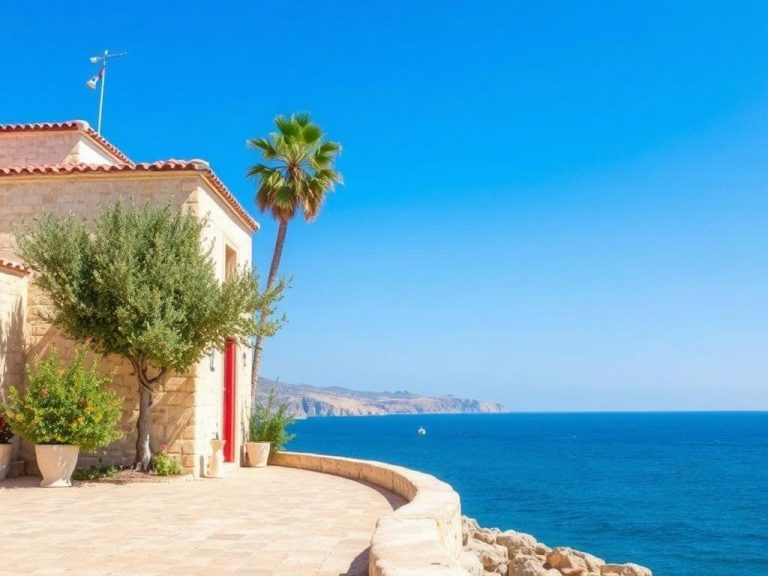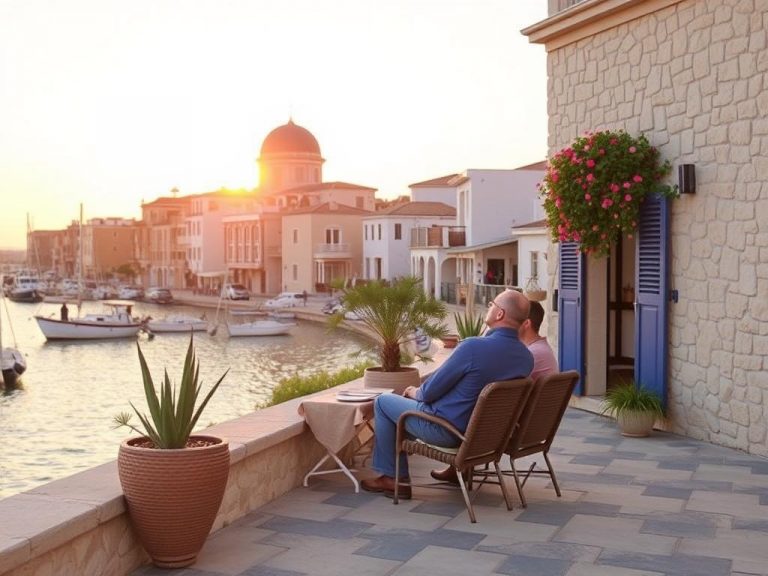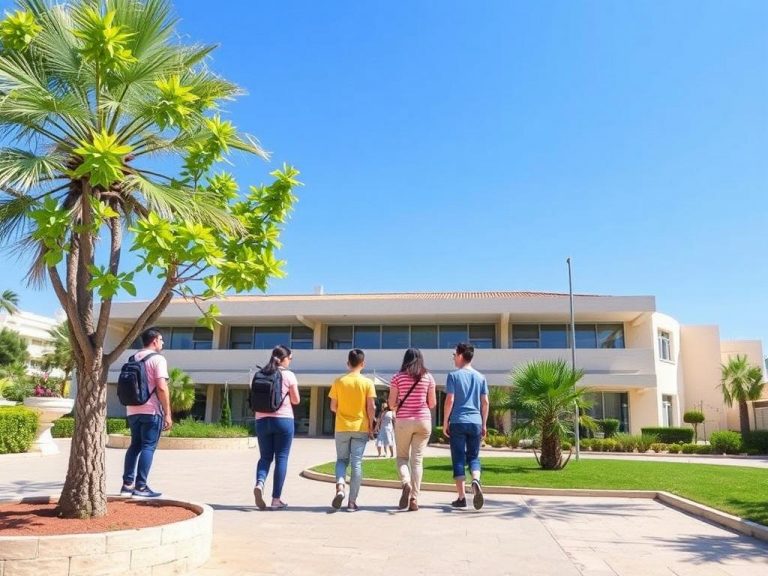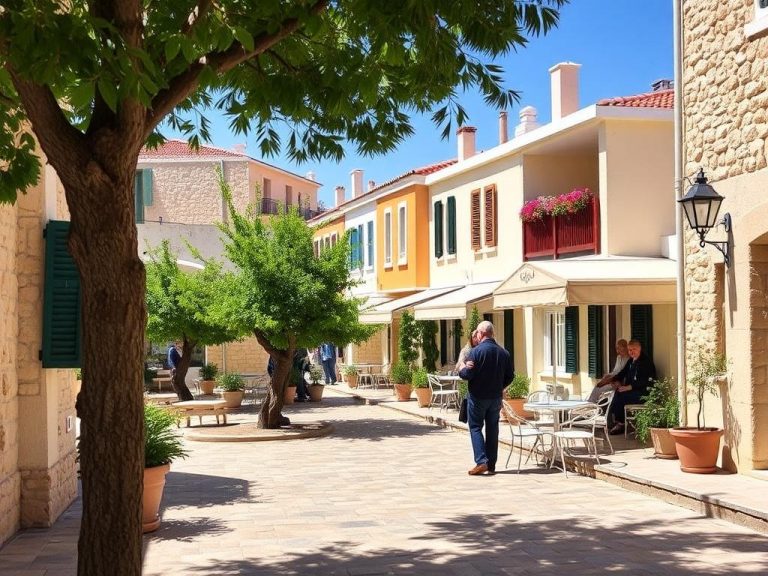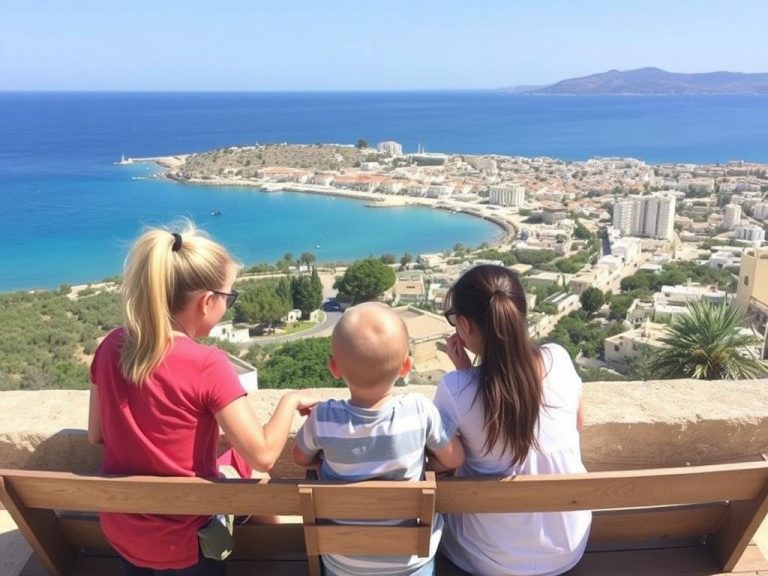Understanding Cypriot Culture: A Guide for Expats
Relocating to a new country means more than just adjusting to a different environment; it requires a deep understanding of local customs, attitudes, and social expectations. Cyprus, with its unique position at the crossroads of Europe and the Middle East, offers a vibrant cultural landscape rooted in centuries of history, blending Greek, Turkish, and Mediterranean influences. For expats, navigating these layers demands an appreciation of cultural differences Cyprus presents, including local traditions Cyprus and social norms Cyprus that often differ significantly from other countries.
This guide will unfold these elements in detail, providing a practical etiquette guide Cyprus that highlights essential behaviors and cultural touchstones to help you integrate smoothly. Whether you’re moving for work, retirement, or adventure, knowing the fabric of Cypriot society can make a decisive difference in your experience.
Historical Context and Its Impact on Contemporary Cypriot Culture
Cyprus’s rich history has shaped every aspect of its culture. The island has been influenced by Ancient Greece, Rome, Byzantium, the Ottoman Empire, and British colonial rule. This diverse historical layering creates a dynamic cultural landscape where traditions thrive alongside modernity. These influences also manifest in local traditions Cyprus, from religious celebrations to cuisine and language.
The division of the island since 1974 between the predominantly Greek-speaking south and Turkish-speaking north further complicates cultural identity. Most expats will live in the south (Republic of Cyprus), where Greek cultural norms predominate, but understanding the sensitivities and historical divisions is key to respectful and informed interaction.
Modern Cypriot culture blends these historical backgrounds into daily life, but a strong connection to heritage remains palpable, emphasizing family, religion, and community in ways that differ from Western societies.
Cyprus is a cultural crossroads shaped by centuries of diverse influences, making its traditions and social expectations uniquely layered and complex.
Social Norms Cyprus: Interpersonal Behavior and Community Life
Understanding social norms Cyprus offers a critical foundation for establishing relationships and navigating daily life. Cypriot society places immense value on family ties and community cohesion. Social interactions are shaped by respect, hospitality, and a preference for face-to-face communication. Personal space may feel smaller compared to Northern European norms, and physical warmth like handshakes, hugs, and cheek kisses (especially among friends and family) are common.
Cypriots tend to have a relaxed sense of time but display strong punctuality in formal settings. Politeness and a degree of formality initially prevail, especially with elders or official occasions. Respecting hierarchical relationships is important, with elders and people of status—such as employers or senior community members—treated with deference.
Public displays of affection between men and women tend to be modest in rural areas, though urban centers are more liberal. Interpersonal warmth shines particularly in everyday gestures including small talk, invitations to share coffee or meals, and assisting neighbors.
Respect for family and community forms the backbone of Cypriot social life, where warmth and hospitality help build meaningful connections.
Local Traditions Cyprus: Festivities, Food, and Cultural Expressions
Cyprus thrives on its local traditions Cyprus, an amalgamation of religious, agricultural, and social influences. Religious festivals based on Orthodox Christianity are central to public life, shaping the rhythm of the year. Easter, with its elaborate rituals and communal feasts, is the island’s most significant festival. Christmas and Epiphany also carry strong observance, marked by unique customs like carol singing and blessing of waters.
Beyond religious holidays, Cyprus celebrates cultural heritage with events such as wine festivals, folk dance performances, and local fairs showcasing crafts and cuisine. These gatherings serve as important opportunities for community bonding, showcasing the island’s pastoral roots and artisan talents.
Cuisine is a vital cultural expression, famed for its Mediterranean flavors and use of fresh, local ingredients. Traditional dishes like halloumi cheese, souvlaki, meze platters, and loukoumades (honey-drenched doughnuts) reflect a communal dining style where sharing is fundamental. Food is a language of hospitality, and inviting guests to eat is a celebrated custom.
| Traditional Cypriot Dish | Description | Occasion |
|---|---|---|
| Halloumi | Firm, salty cheese often grilled or fried | Everyday meals and festivals |
| Souvlaki | Grilled meat skewers usually served with pita | Casual dining and social gatherings |
| Meze | Variety of small dishes served together | Festive meals and family occasions |
| Loukoumades | Sweet honey-coated doughnuts | Festivals and celebrations |
Local traditions in Cyprus aren’t just events—they’re living expressions of the island’s history and communal spirit.
Etiquette Guide Cyprus: Navigating Politeness and Social Expectations
Mastering an etiquette guide Cyprus is essential to avoid cultural misunderstandings and to gain respect. Hospitality is prized, and declining invitations without a clear reason might be considered impolite. When visiting a Cypriot home, it is customary to bring a small gift such as sweets, flowers, or wine. Shoes are often removed before entering the house as a sign of cleanliness and respect.
Dress codes vary but lean toward modesty, especially in religious venues. Public behavior tends to be conservative; swearing or loud arguments in public spaces are frowned upon. Speaking loudly or aggressively can be seen as disrespectful, so a calm demeanor is always preferable.
When addressing others, it is polite to use titles and surnames until invited to use first names. Direct eye contact is expected during conversations to convey sincerity. Additionally, interruptions during speech should be avoided, as listening attentively is an admired social skill.
In business, meetings often begin and end with personal greetings and small talk to build rapport. Business cards are exchanged with both hands, showing respect for the other party.
Politeness and thoughtful gestures are the currency of social interaction in Cyprus; respect and hospitality open doors.
Language and Communication Styles in Cyprus
Language plays a vital role in shaping cultural differences Cyprus. The official languages in the south are Greek and English. Greek is commonly spoken among locals, but English is widely understood, especially in urban areas and business contexts. Basic greetings and polite phrases in Greek can greatly enhance social acceptance and demonstrate respect for local culture.
The communication style in Cyprus tends toward indirectness. People often avoid confrontational or negative statements to maintain harmony. Understanding nuances such as tone, gestures, and the use of silence is important since Cypriots value subtlety.
Storytelling and humor are often woven into conversations, reflecting a lively oral tradition. Interruptions may happen but typically stem from enthusiasm rather than rudeness. Being patient and reading between the lines can help expats better appreciate these communication patterns.
Religious Influences: The Role of Orthodox Christianity
Religion remains a strong pillar of Cypriot culture. The majority of Greek Cypriots are members of the Greek Orthodox Church, and faith permeates many social customs and festivals. Regular church attendance may be more common than in some Western countries, with religious holidays commanding significant attention from the community.
The church often acts as more than just a spiritual institution; it is a community hub, a preserver of heritage, and an influencer in social issues. For expats, respecting religious customs—such as dress codes during services, observing fasting periods like Lent, or participating in public celebrations—can foster goodwill and integration.
Non-Orthodox expats find Cyprus generally tolerant, but awareness and sensitivity toward Orthodox traditions contribute to mutual respect.
Workplace Culture and Professional Norms
In the workplace, social norms Cyprus emphasize respect for hierarchy and interpersonal relationships. While the modern Cypriot workplace is increasingly professional and dynamic, traditional values often influence daily practices. Managers may adopt a paternalistic style, and decisions sometimes reflect collective input rather than individualism.
Relationships at work often transcend professional boundaries, and socializing with colleagues outside office hours is common. Trust and personal connections are essential components of business success. The interplay between appearing approachable yet respectful requires a careful balance for newcomers.
Business punctuality is expected, though meetings may have a relaxed start time. Clear communication, patience, and a willingness to engage in small talk are useful strategies for new expats to build rapport.
Gender Roles and Family Dynamics
Gender roles in Cyprus have been evolving, but traditional influences persist, particularly outside urban centers. Family structures tend to be patriarchal, with men often seen as heads of households while women manage domestic responsibilities. However, women’s participation in education and the workforce has increased significantly in recent decades, shifting social expectations.
Family loyalty and multi-generational households remain common. Respect for elders and collective decision-making highlight family dynamics. Weddings and family events are extensive and significant social occasions where kinship ties are reinforced.
Understanding these gender and family patterns is crucial for expats seeking to integrate or work in Cypriot society, as misreading cues may lead to misunderstandings.
The Arts, Music, and Popular Culture
The cultural scene in Cyprus is a mix of rooted traditions and contemporary expressions. Folk music and dance remain vibrant, especially during festivals. Instruments like the violin, lute (laouto), and traditional percussion support performances that have been handed down through generations.
In urban areas, modern music and arts thrive, reflecting global trends while maintaining local identity. Theater, cinema, and visual arts festivals create spaces for cultural exchange and innovation. Expat communities often engage with these cultural offerings to deepen their connection to Cyprus and broaden their social networks.
Practical Tips for Expats: Integrating Successfully
Successfully understanding and adapting to cultural differences Cyprus requires openness, observation, and respect. Learning key phrases in Greek, participating in local festivals, and showing genuine interest in traditions can greatly enhance your experience.
Avoid rushing to judgment about social customs that differ from your home country. Taking time to build relationships and observing etiquette guide Cyprus norms will signal your respect. Engaging with both expat and local communities can provide balanced perspectives and help ease cultural transitions.
Integration in Cyprus is a journey of respect and curiosity, where embracing local customs transforms your move into a meaningful experience.
Your Roadmap to Embracing the Cypriot Way of Life
Cyprus presents a culturally rich and welcoming environment for expats, but this invites the responsibility of understanding and respecting its complex identities. From social norms Cyprus dictating courteous interactions to deep-rooted traditions that celebrate community and family, each layer enriches the experience of living on this Mediterranean island.
This guide has illustrated the essential aspects of Cypriot culture you need to navigate daily life with confidence—from recognizing historical influences and religious observance to mastering etiquette guide Cyprus in social and professional settings. Embracing these cultural differences Cyprus will not only smooth your transition but also open new doors to authentic connections and experiences.
Ultimately, living in Cyprus means participating in a culture that values respect, hospitality, and continuity with its past while embracing the future. For anyone who approaches it with patience and openness, Cyprus offers more than a home—it becomes a community, a lifestyle, and a rich cultural tapestry worth weaving into your own story.
Frequently Asked Questions
- What are the key cultural differences Cyprus expats should be aware of?
Expats should note the strong emphasis on family, indirect communication, respect for elders, and the importance of religious traditions, which may contrast with more individualistic or secular cultures. - How important is it to learn Greek when living in Cyprus?
While English is widely spoken, especially in business and urban areas, learning basic Greek shows respect, facilitates deeper integration, and is appreciated in social settings. - What etiquette rules should I follow when invited to a Cypriot home?
Bring a small gift, remove your shoes if asked, and accept food and drink offerings as a sign of respect and appreciation. - Are there any social norms Cyprus expats should avoid breaking in public?
Avoid loud or aggressive behavior, public displays of affection in rural areas, and showing disrespect towards religious customs, especially in churches. - How does workplace culture differ in Cyprus compared to other countries?
It places high value on hierarchy, personal relationships, and socializing outside work hours, with an emphasis on patience and indirect communication. - Can expats participate in local festivals and religious celebrations?
Yes, participation is welcomed and often appreciated, provided you show respect for customs and dress codes. - What is the role of hospitality in Cypriot culture?
Hospitality is central; offering food, drink, and help is common and considered a way to build trust and relationships.
